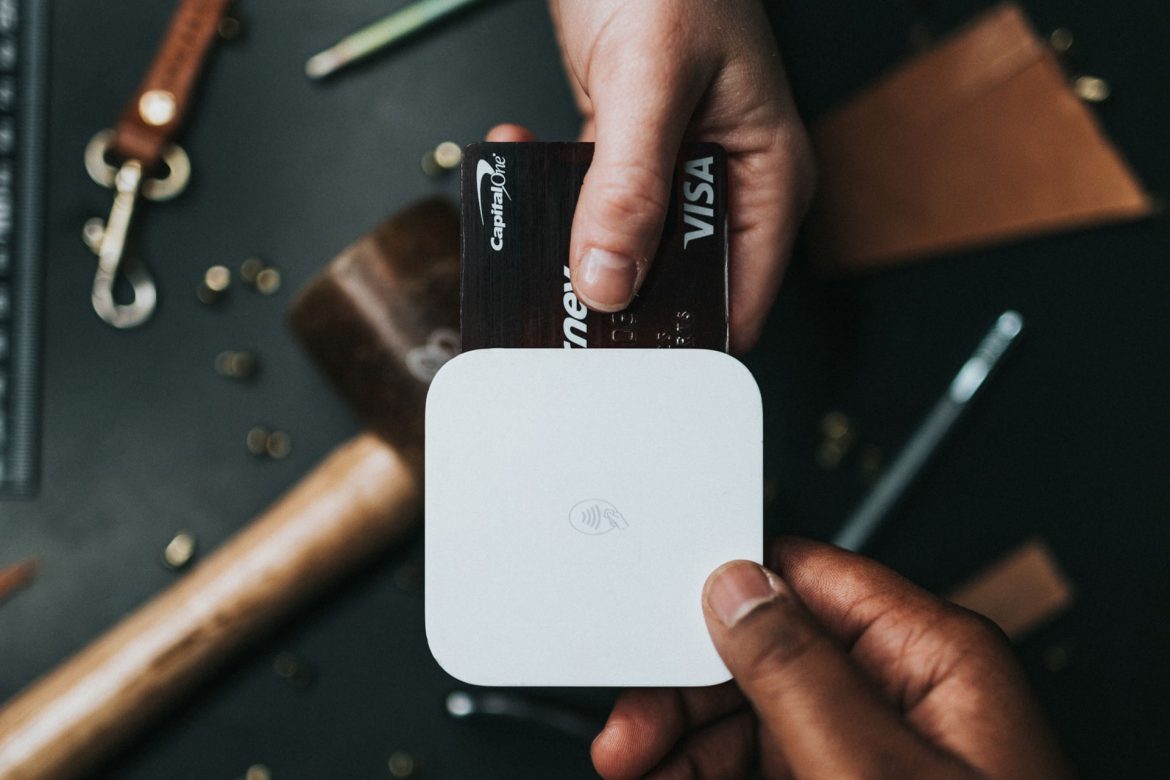You have started your new business, you open your wallet and pull out some cash, and you wonder is that my money or some petty cash from my business? Even if you have chosen to be a sole trader it’s a great idea to open a bank account, if you are any other business structure you must have a business bank account for tax purposes. Once you do it opens up the ability to articulate which money belongs to you and which to the business. This guide will help you understand the benefits of having a business bank account and help you understand what you should consider in selecting an institution.
A bank is a financial institution that accepts deposits and recurring accounts from the people and creates demand deposit. Lending activities can be performed either directly or indirectly through capital markets.
Wikipedia
WHY have a separate Business Bank account?
When running a business you must keep account of business transactions and a bank account is a great way to have an auditable paper trail.
A separate business bank account will help you to:
- Clearly show your business finances separate from your personal finances
- Analyse your cash flow
- Monitor your business income and expenses
- Extract information needed to meet your tax and reporting requirements
- Get detailed records of your business transactions. These can be downloaded to a spreadsheet or imported to an accounting package.
WHAT else can you do with a Business Bank account?
If you have a credit card attached to your business bank account and do most of your transactions through your credit card, your bank statements will, in effect, be a checklist of those expenses.
Some banks offer overdraft facilities, essentially providing a loan facility to go into a minus balance.
To open an account you will need an ABN and ID documents of an authorised owner or director of the business.
HOW to choose a business bank account?
So which bank should you choose? In fact you may not choose a bank, it may be a building society or credit union. The answer is the one that suits you best and you should consider these points when making your decision:
- What are the fees and charges?
- Do they offer merchant facilities like EFTPOS?
- Are their interest rates competitive if you need to borrow?
- Do they cater to the needs of small businesses and do they have offers/solutions to suit?
- Is there a local branch in case you need to visit?
- What is their online banking interface like and will it integrate with your accounting package?
- What information is reported on each transaction?
- What security measures do they offer for online transactions to protect your business?
- How fast do they transact instructions and until what time at night?
- Do they offer foreign transfer arrangements and what are the charges?
- Can you have access to your own bank manager or business banking specialist?
For more information and comparing various bank accounts visit
https://www.finder.com.au/business-banking
For taxation purposes, the ATO provides the following guide on record-keeping https://www.ato.gov.au/Business/Record-keeping-for-business/Detailed-business-record-keeping-requirements/Running-your-business—records/Banking-records/
Here you will find useful information such as the requirement to keep records for 5 years including the period of review. For example, did you know that if you did your 2015 tax return in 2016 you would need to keep your 2015 tax records until 2021.
HINTS
Regularly bank all the cash your business receives so your income and expense information is always up-to-date and you can easily reconcile your accounts and analyse your cash flow
Register for online banking – this may simplify your record keeping and bank reconciliation process as you can:
- easily get detailed records of your business transactions
- download financial information from your online account to your accounting package
- identify extra transactions in your account including bank fees or interest charges, and direct debits and credits
- check and record any errors or omissions
Regularly reconcile your bank records, which may help:
- you be more confident that your records contain all the information you need to prepare your tax return and activity statements
- you to better understand your cash flow
- reduce the time it takes to prepare your activity statements or tax returns
SUMMARY – Small Business Banking
Unless you are a sole trader you must open a business bank account. It will help you manage your finances and different providers will have an offer to suit your needs. Always check to see what other services the bank may be able to offer your business.
A handy comparison of bank rates and fees is available here to help you compare. https://www.finder.com.au/business-banking

2 comments
[…] […]
[…] […]